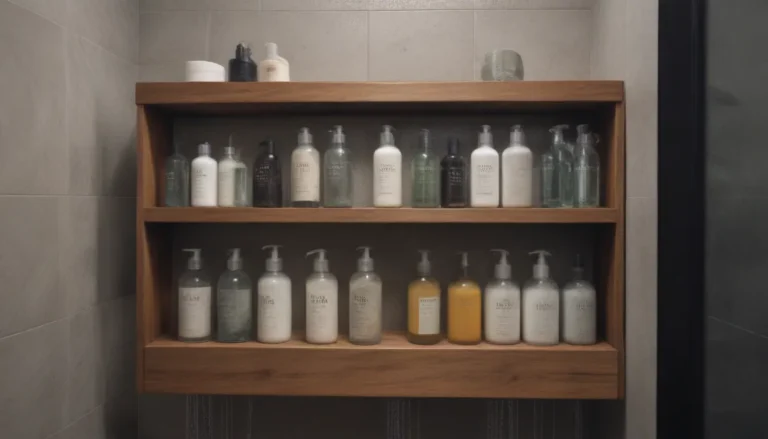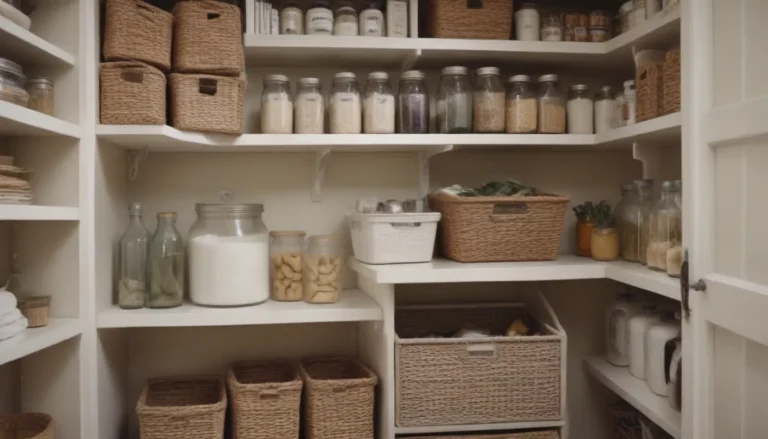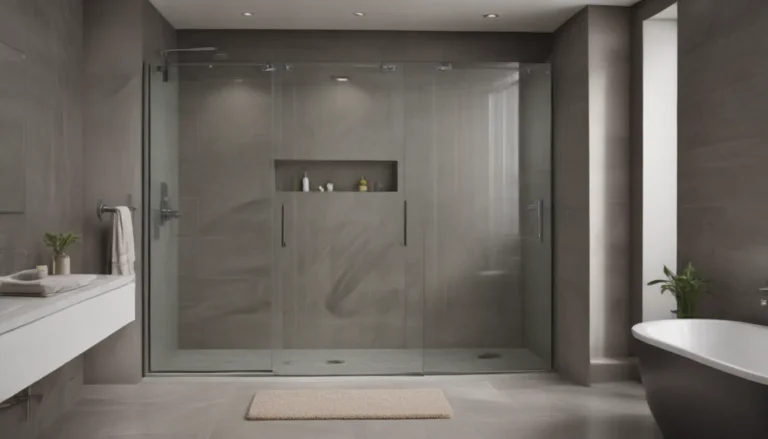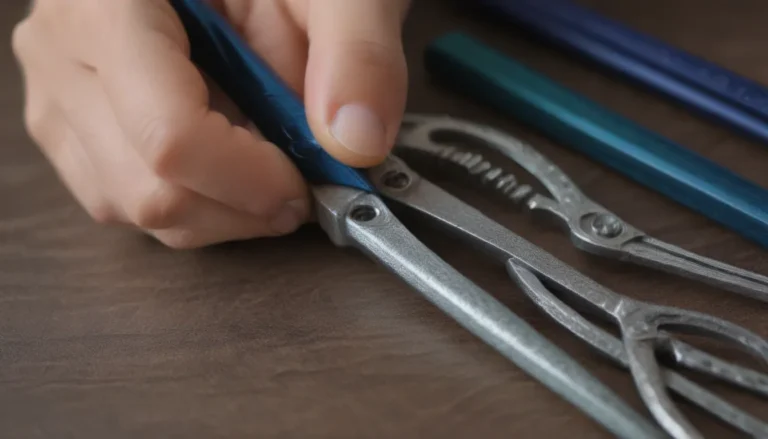Proven Ways to Manage and Prevent Pests at Home
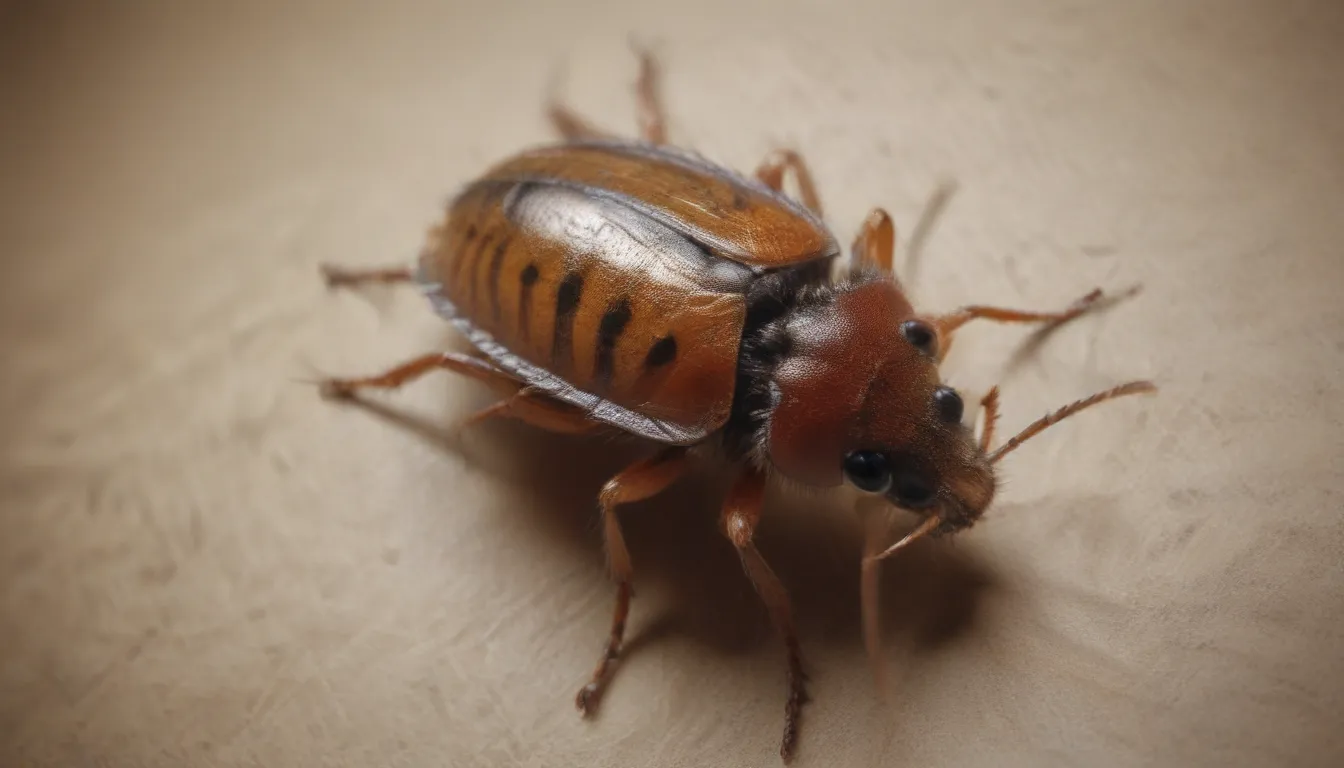
Are you tired of dealing with pesky pests invading your home? Look no further! In this comprehensive guide, we will explore natural and effective methods to control and prevent pests without the use of harsh chemicals. Say goodbye to harmful pesticides and hello to a pest-free home with these tried and tested tips.
Importance of Reliable Pest Information
When it comes to managing pests, it is essential to be cautious about the information you rely on. Not all resources are created equal, and it’s crucial to seek advice from professionals with actual pest control experience. Be wary of recommendations that involve the application of products, even if they are labeled as natural.
Adopting the Right Mindset for Pest Control
Before diving into pest control, it’s important to think like a pest. Approach the process with patience and understand that it may take time to achieve the desired results. Consider when the pest activity started, where it is occurring, and what might be attracting pests to your home. Remember, pest control is a long-term goal, not a quick fix.
Dressing Accordingly for Pest Control
When engaging in pest control activities, it’s important to be prepared to get your hands dirty. Dress appropriately by wearing protective clothing and gear to ensure your safety during the process. This includes accessing small, dark spaces like the attic or crawlspace and potentially using tools to address the issue.
- Protect Your Environment and Limit the Use of Sprays: Minimize the use of sprays and chemical products, as they may not always be effective in the long run. Opt for alternative methods that are safer for both you and the environment.
Preventing Pests From Entering Your Home
One of the key steps in pest control is to avoid bringing pests into your home in the first place. Be cautious when bringing items from the grocery store, as pests can easily hitch a ride on cardboard boxes and pantry goods. Inspect your purchases before bringing them inside and consider leaving cardboard packaging outside.
- Keep Your Kitchen and Pantry Clean: Pests are attracted to food sources, so it’s essential to keep your kitchen and pantry tidy. Store food items in secure containers and clean up any spills or messes promptly to deter pests from invading your space.
Proper Waste Management
Pests are drawn to garbage and compost as a food source, so it’s important to have a proper waste management system in place. Dispose of trash and compost regularly to prevent pests from congregating near your home. Keep outdoor bins and compost piles away from the house to minimize the risk of infestations.
- Utilize Your Vacuum for Pest Control: A vacuum cleaner is a handy tool for removing pests and debris from your home. Use it regularly to clean up crumbs, spills, and pet hair that can attract pests. Additionally, vacuuming hard-to-reach areas can help prevent infestations of pests like carpet beetles.
Controlling Indoor Lighting
Pests, such as spiders, are often attracted to light sources that attract flying insects. By keeping your interior and exterior lights off when not in use, you can reduce the presence of pests in and around your home. Avoid leaving lights on at night to minimize the risk of attracting unwanted pests.
- Maintaining Your Roof and Foundation: Clear clutter and trim vegetation around your home to prevent pests from using them as entry points. Keep woodpiles away from the house and maintain a clear path around the foundation to deter rodents, wildlife, and insects from accessing your home.
Eliminating Food and Water Sources Outdoors
To prevent pests from returning to your yard, eliminate food and water sources that attract them. Consider reducing or removing sources of food, such as fallen fruit or open garbage bins, and adjust your watering schedule to minimize nighttime activity.
- Sealing Your Home: Ensure that your doors and windows are properly sealed to prevent pests from entering your home. Install screens on windows and doors to keep pests out while allowing for ventilation.
Essential Tools for Pest Control
Having the right equipment is crucial for effective pest management. Invest in a quality flashlight and spider brush to assist with pest identification and removal. A flashlight can help you spot pest activity, while a spider brush is useful for eliminating spiders and their egg sacs without the need for chemicals.
- Avoid Overwatering Plants: Overwatering indoor and outdoor plants can attract pests like fungus gnats and ants. Water your plants sparingly to prevent moisture-loving pests from infesting your home or garden.
Complying With Wildlife Laws
When dealing with wildlife control, it’s important to adhere to local regulations and laws. Some species may be protected, and it’s essential to handle wildlife in a safe and humane manner. Consult with a professional if you are unsure about wildlife management on your property.
- Building a Relationship With a Pest Control Company: Establish a rapport with a reputable pest control company that specializes in Integrated Pest Management (IPM). They can provide expert advice and assistance for dealing with pest issues effectively and responsibly.
In conclusion, managing and preventing pests at home can be achieved through a combination of proactive measures and effective strategies. By implementing these natural pest control tips, you can create a pest-free environment for you and your family. Remember, pest control is a long-term commitment that requires patience and diligence, but the results are well worth the effort.
